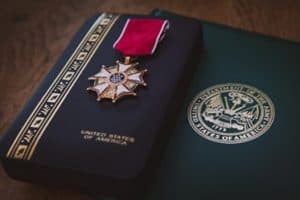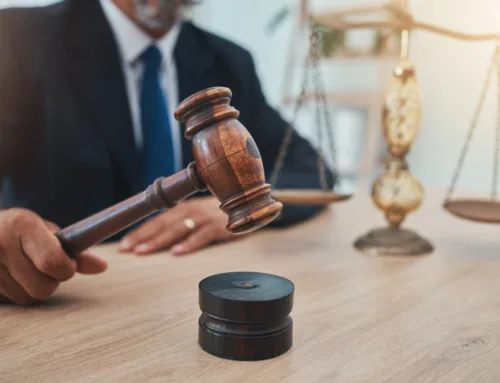Military service is a significant commitment, often shaping the lives of those who serve in profound ways. However, not all military experiences end on a positive note. Some service members may receive less-than-honorable discharges, which can have long-lasting consequences on their civilian lives. A military discharge upgrade lawyer can assist in the process of military release upgrades, exploring what they entail and how they can impact veterans’ futures.
Military Discharges Explained
Before diving into discharge upgrades, it’s essential to understand the different types of military discharges and their implications. The most common types of discharges include honorable, general (under honorable conditions), other-than-honorable (OTH), and bad conduct or dishonorable discharges.
Honorable discharges are typically reserved for service members who have fulfilled their obligations with distinction, while other-than-honorable discharges may result from misconduct or performance issues.
Consequences of Less-Than-Honorable Discharges
Receiving a less-than-honorable discharge can have significant repercussions for veterans. It may limit their access to certain benefits and services, including healthcare, education assistance, and employment opportunities. Additionally, veterans with OTH discharges may face stigma and discrimination in civilian life, making it challenging to reintegrate into society. OTH discharges also make things difficult if you ever try to obtain or hold on to a government, Department of Defense, FBI, or military security clearance.
The Process of Military Discharge Upgrades
Fortunately, veterans who have received less-than-honorable discharges have the option to petition for an upgrade. The process of seeking a discharge upgrade involves submitting an application to the appropriate military review board, such as the Army Review Boards Agency (ARBA) or the Board for Correction of Naval Records (BCNR). In their application, veterans must provide compelling evidence and arguments to support their request for an upgrade.
Grounds for Upgrade
To be successful in their petition for a discharge upgrade, veterans must demonstrate that their discharge was unjust or erroneous. This may involve presenting evidence of mitigating factors, such as mental health issues, trauma, or extenuating circumstances, that contributed to their misconduct or poor performance. Veterans can also highlight their post-service accomplishments and contributions to society as evidence of their character and rehabilitation.

Seeking Legal Assistance
Navigating the discharge upgrade process can be complex and challenging, requiring a thorough understanding of military regulations and procedures. As such, veterans are encouraged to seek legal assistance from experienced attorneys specializing in military law. A skilled attorney can provide guidance and representation throughout the upgrade process, increasing the likelihood of a favorable outcome.
Potential Outcomes
Upon review of the veteran’s application, the military review board may grant a discharge upgrade, resulting in a more favorable discharge characterization. This can open doors to a range of benefits and opportunities previously unavailable to the veteran. However, it’s important to note that upgrade requests are not always approved, and outcomes may vary depending on the circumstances of each case.
Conclusion
Military discharge upgrades offer veterans a second chance at securing a more favorable discharge characterization and reclaiming their place in civilian society. By understanding the process of seeking an upgrade and enlisting the help of knowledgeable legal professionals, veterans can take proactive steps toward improving their futures. If you or someone you know is considering a discharge upgrade or need help with your national security clearance, don’t hesitate to reach out to qualified legal counsel for assistance.




